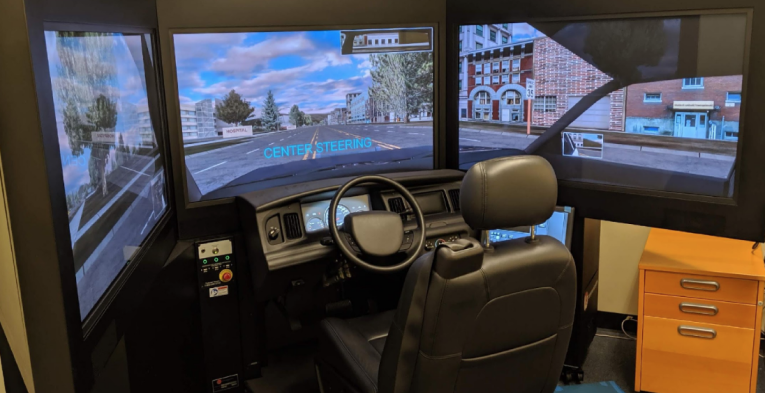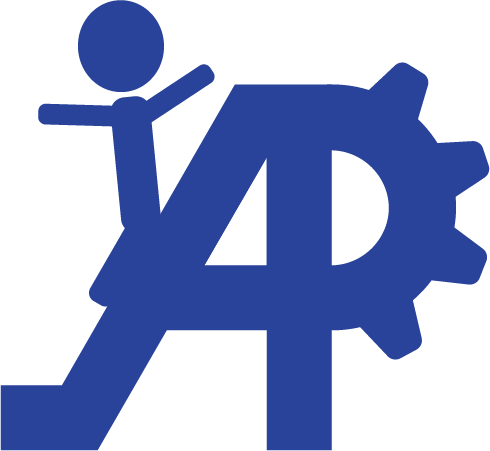Multiple Road User Role (mRUR) Drivers
The impact of
Predominant RUR on Road Sharing Behaviors
Introduction
This study evaluates driving behavior patterns of four road users types: Pedestrians, Bicyclists, Motorcyclists and Electric-Scooterists. Drivers participating in the study have various levels of experience with each of these methods of active transportation, illuminating how platform experience influences driving behavior and mobility.
The Team
Principal Investigators
Linda Hill School of Medicine
Benjamin Bergen Cognitive Science
Benjamin Bergen Cognitive Science
Senior Researchers
Colleen Emmenegger UCSD Design Lab
Deborah Forster Contextual Robotics Institute
Atefeh Katrahmani UCSD Design Lab
Deborah Forster Contextual Robotics Institute
Atefeh Katrahmani UCSD Design Lab
Research Assistants
Chenyang Dawn Ye UCSD Design Lab
Cang Le UCSD Design Lab
Cang Le UCSD Design Lab
L3-MPRI PatrolSimIV Driving Simulator
This simulator has software to simulate pedestrians, skateboards, and other vehicles like motorcycles and trucks moving with the ability to move at various speeds and velocities as needed.

Measuring Road Sharing Behaviors
Data captures from the simulator (braking time, velocity, absolute coordinates, etc), and the eye tracker (reaction time, saccades, fixation time, and fixation points) will be used to illuminate any patterning in road sharing behaviors. In post simulator engagement, participants will be interviewed using auto-confrontation methods.

Published Work
Simulator Study Design Multiple Road User Role (mRUR) Drivers’ Road Sharing Behavior
How, in the real-world, do people accomplish the tasks without the added automation?
For an intervention being implemented, how is the introduction and implementation being planned?
How are people being trained? And so on.






